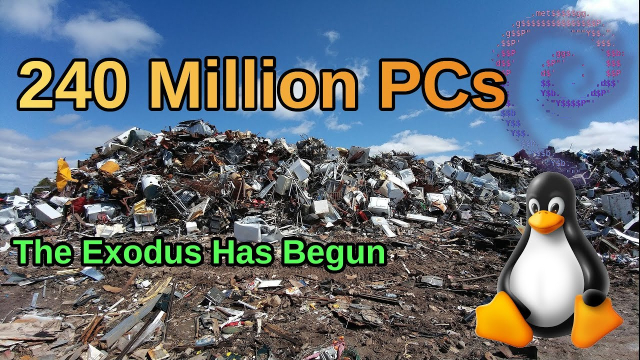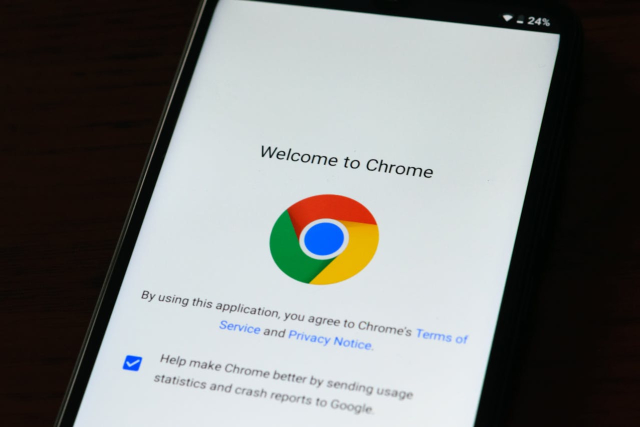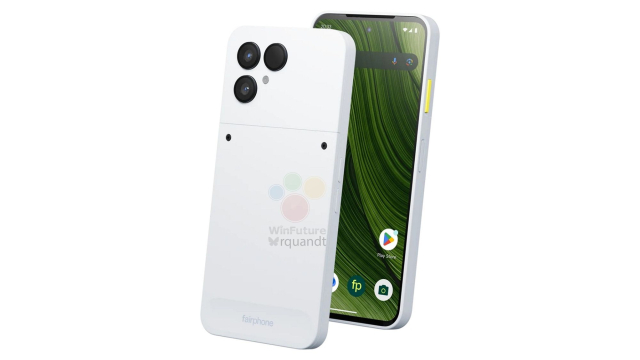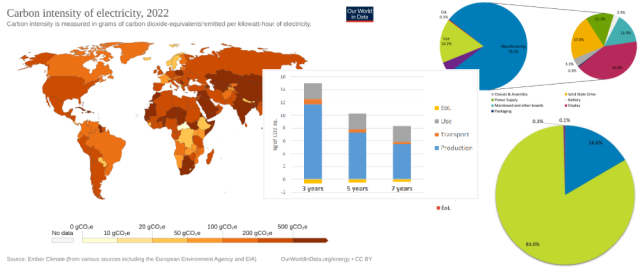🚨 NEW VIDEO: The Windows Exodus Has Begun.
2025 was the breaking point. Forced hardware retirement and intrusive AI have sparked a mass migration to GNU/Linux. In this video, I explore:
📈 The data behind the 3.20% Steam high.
🇪🇺 How the EU is saving millions by ditching Microsoft.
🛡️ Why 2026 is the year of Digital Sovereignty.
Stop fighting your OS. Start owning it.
🔴 Full Video: youtube.com/watch?v=dLzdTgCXyR…
#TerminalTilt #WindowsExodus #Windows10 #Windows11 #Microsoft #WindowsEOL #Recall #Copilot #DigitalSovereignty #Privacy #DigitalPrivacy #NoAI #HumanMade #DeGoogle #EthicalTech #Autonomy #DataSovereignty #AntiSpyware #Telemetry #SurveillanceCapitalism #RightToPrivacy #Encryption #SoftwareFreedom #ExitWindows #Migration #LinuxGaming #GamingOnLinux #SteamDeck #Valve #Proton #Bazzite #SteamOS #HandheldGaming #PCGaming #ROGAlly #LegionGo #GamingCommunity #SteamHardwareSurvey #EWaste #Sustainability #RightToRepair #PlannedObsolescence #CircularEconomy #GreenTech #SaveThePC #Hardware #Environment #EUtech #PublicMoneyPublicCode #OpenStandards #SchleswigHolstein #GermanyTech #GovernmentIT #DigitalRights #Linux #GNUlinux #Debian #Trixie #FOSS #FLOSS #OpenSource #LibreOffice #Thunderbird #Nextcloud #SelfHosted #HomeLab #CLI #CommandLine #Terminal #Bash #FishShell #Dotfiles #SysAdmin #QueerTech #TransInTech #DisabledInTech #Accessibility #Queer #LGBTQIA #LGBT #HumanContent #ContentCreator #SmallYouTuber #SmallStreamer #YouTube #IndieCreator #SupportIndependent #LinuxUser #Tech #TechNews #OperatingSystems

The Windows Exodus Has Begun. (And the Data Proves It)
For decades, “The Year of the Linux Desktop” was treated as a tech world punchline. But as we enter 2026, the data shows the laughter has stopped. Between th...YouTube






































